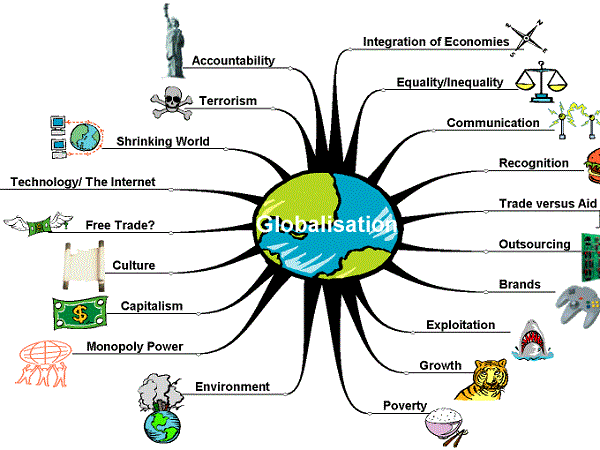
Social contributor – Dickson Igwe
Great strategic economic planning, specific to a country’s customs, traditions, and culture, is good for everyone: citizens, employees, employers, businessmen and women, investors, and governments.
Post World War 2, all developed western democracies and economies have adopted strategic economic planning: which is short, medium, and long term economic planning.
The proceeding story is an attempt at assessing, in summary, Post World War 2 western economic history, as an economic planning model, for strategic planning purposes, in a disaster battered economy such as the Virgin Islands.
The article will assert that all developed economies since 1945 have adopted strategic economic planning as modus Vivendi.
Now a country will not achieve full development, and a productive economy, without strategic economic planning. That is a globally accepted fact of economics.
Economic planning in the western world is driven by the economic elites. These are the brilliant luminaries, scholars, and intellectuals, who inhabit the halls of learning of Ivy League Universities, and various scholarly organizations, trusts, foundations, and institutes. Many of these thinkers are also famous columnists whose articles drive western economic policy. They sit on the boards of banks and powerful economic organizations that decide the trajectory of the global economy.
And Post Irma and Maria, a strong and visionary 5-10 year plan of action is a must if the Virgin Islands are to recover fully, and then take that desirable odyssey to El Dorado: the land of milk and honey.
Developed status is achievable and desirable for these British Overseas Islands. But it will take economic planning over the long term to achieve development, especially after the September 2017 tragedies that struck the Virgin Islands.
Why: because, after a major disaster, it takes economies years to get back to productivity, and economic growth. And if an economy lacks planning, underdevelopment becomes a permanent feature of the economy. That is not something these islands in the sun need. Underdevelopment is synonymous with poverty and social decline.
- Traumatized economies take years to heal. After the Second World War, Western economies grew unhindered for thirty years with a small rise in inflation. The Marshall Plan and the after effects of Franklin Delano Roosevelt’s New deal, add Post World War Reconstruction, was sufficient stimulus for the Post War western economy.
But that is not the norm. After major wars or disasters, economies take decades to bounce back to any type of sustained economic growth. That is why economic stimulus is the answer to shocking an economy back to life.

Photo courtesy https://www.tes.com
After a smooth and prolonged period of economic growth post the Second World War, there was the massive inflation of the early 1970s that was a rude and unexpected intrusion. This was a beast called Stagflation that was driven by the OPEC Oil Crisis.
This crisis ended eventually, but it was followed by ten years of western economic stagnation, and the failure of the Keynesian Stimulus model, to create the type of prosperity experienced between 1945 and 1970.
However economic planners believed austerity to be the answer. So sometime after 1980, and in a world economy driven by powerful drivers of the free market idea: namely US President Reagan, and British Prime Minister Margaret Thatcher, deregulation, anti trade unionism, public spending cuts, and a liberalization of capital flows, led to the birth of globalization.
Globalization and a newer beast called the information revolution, turned the world upside down.
In the 1980s, political and economic power swung decisively away from labor to capital: from the working man on the factory floor, and the comfortable white middle class family, to the wily entrepreneur and super materialistic investment banker.
Today, as a result of this new global culture of ‘’unfettered greed,’’ 100 families control half of global wealth, and practically control the entire global economy.
Another feature of the new global type economy was that jobs at the pinnacle, or top of the pyramid, became better paid, while the middle and working classes were pummeled. Then at the base of the pyramid, a new class of very poorly paid retail service type worker became the new norm.
This was an imbalance that affects all economies to this day. This imbalance is pervasive and damaging to economic growth in all western democracies. The imbalance is this: wages are growing more slowly than output. Consequently, who is buying the extra output? This is the paradox at the center of austerity and is creating a deflationary economic environment.
The proceeding story will explain how the credit boom took up the slack in demand, created by austere thinking.
To be continued.
Connect with Dickson Igwe on Facebook and Twitter
Dickson Igwe is an education official in the Virgin Islands. He is also a national sea safety instructor. He writes a national column across media and has authored a story book on the Caribbean: ‘The Adventures of a West Indian Villager’. Dickson is focused on economics articles, and he believes economics holds the answer to the full economic and social development of the Caribbean. He is of both West African and Caribbean heritage. Dickson is married with one son.


